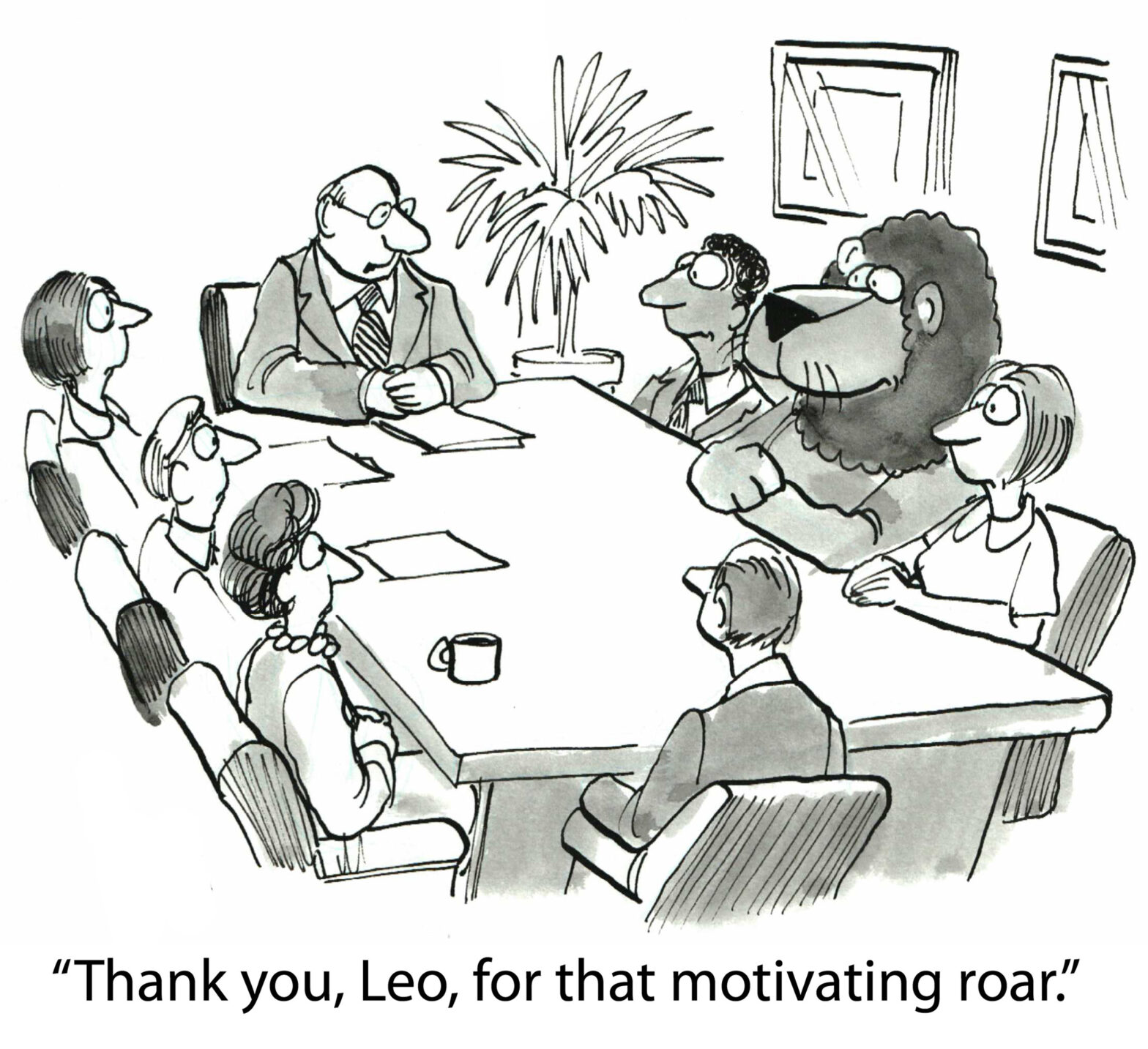In a growing business, it’s easy for the culture established by the founders to be diluted or swamped. As you build your business you may introduce partners, suppliers and others into the value chain, or grow into international markets, where the culture is different from the one familiar to you. Ignore this at your peril — culture is both a risk and an opportunity and as worthy of your attention as marketing, HR and finance.
Culture is worth taking seriously because, at best, it can be a key organisational capability, distinguishing your business from your competitor’s and fundamental to achieving your strategic goals in a sustainable way. Getting it right, especially in turbulent times such as now, enables corporate strategy to be agile, it helps people to make the right decisions under pressure and it keeps the organisation pointed towards its purpose.
Getting it wrong can destroy value and even lives — think Enron, LIBOR, VW, Kids Company, Mid-Staffordshire NHS Trust, South Yorkshire Police (Hillsborough). There is more than just any one organisation’s reputation and success at stake. These cases add to the general mistrust of business and institutions. For the country to prosper in every sense we need healthy organisations with healthy cultures that build trust and serve the needs of society.
What is the board’s role in corporate culture? Boards have a dual leadership role — accountability and assurance. They are accountable for ensuring that there is no ambiguity about purpose, values and culture and for embodying the behaviours needed to deliver their strategic goals. They also need to assure themselves that the executive is taking the appropriate action to achieve and maintain the desired culture.
Some boards still find corporate culture intangible and difficult to grasp. Governing Culture: Risk and Opportunity? – a guide to board leadership in purpose, values and culture is a practical working document aimed at board members. The guide is published by the City Values Forum working with Tomorrow’s Company. The City Values Forum works to embed the principles of trust and integrity in business life and to improve cultures and behaviours. The Forum is constituted as an informal group reporting to the Lord Mayor of the City of London; and it is led by members of three City Livery Companies: the Worshipful Companies of Chartered Secretaries, Management Consultants and Marketors. The City Values Forum is a member of the Financial Reporting Council’s Culture Coalition.
The guide outlines the board’s role in governing and leading culture based on assessment, alignment and assurance. It discusses the difference between the role of the board and the role of the executive team in leading and managing culture and provides practical tool-kits to help boards ask the right questions, set future direction and assess progress.
The six-pillar agenda forms a cycle of review and action:
- Inspiring purpose and set of values
- Aligning purpose, values, strategy and capability
- Promoting and embodying purpose and values
- Using purpose and values to guide decisions
- Encouraging desired behaviours
- Assuring progress is being achieved.
Under each pillar, the guide provides example questions for boards to ask of themselves and of the executives. Each board will have its own priorities and may adapt the questions to fit its business sector and circumstances. The guide also provides a roadmap so that boards can review where they are and where they want to be, compared with other organisations who have been on the journey before them.
In addition to this and the FRC’s report, other members of the FRC Culture Coalition who are publishing contributions include the Institute of Business Ethics (IBE), The Chartered Institute of Personnel and Development (CIPD) and The Chartered Institute of Internal Auditors (IIA).
Venetia Howes is a past master of the Worshipful Company of Marketors and Member of City Values Forum.






